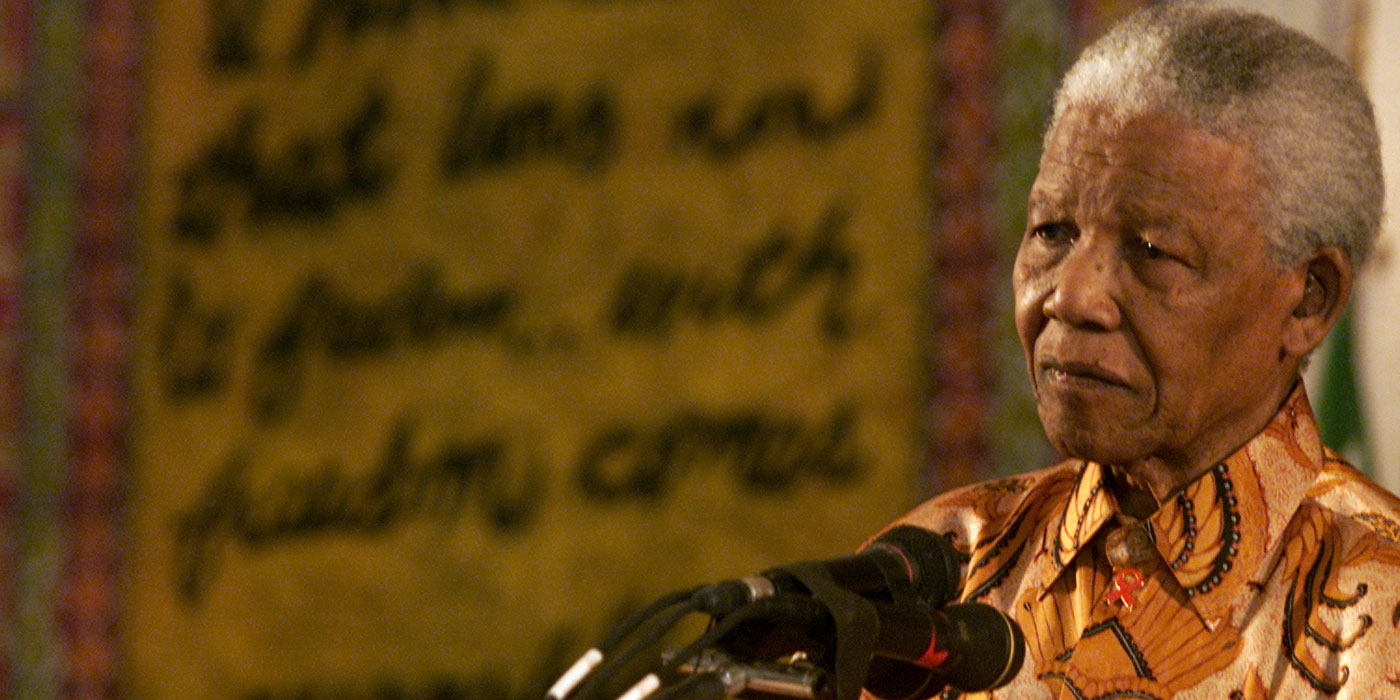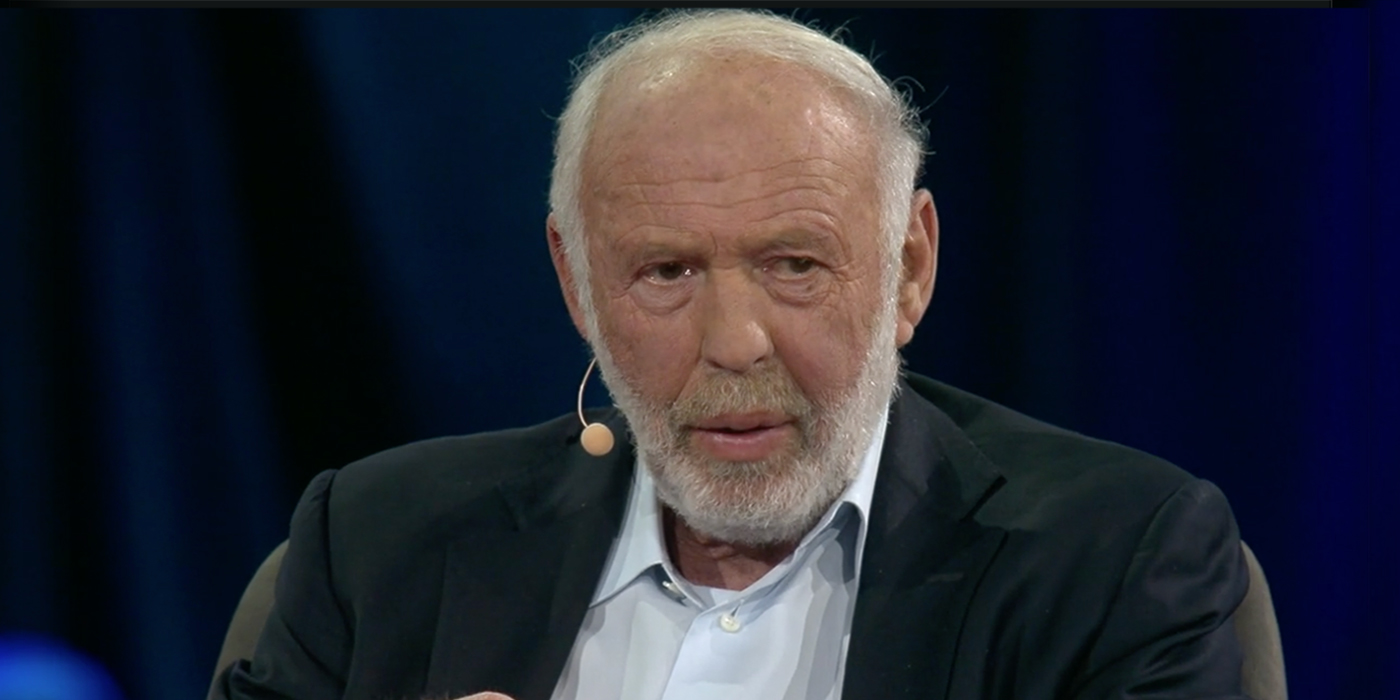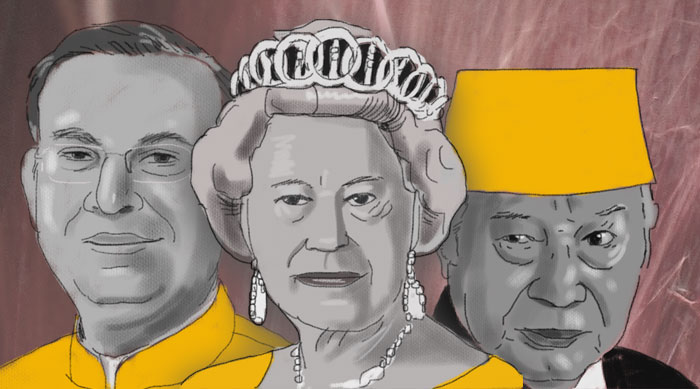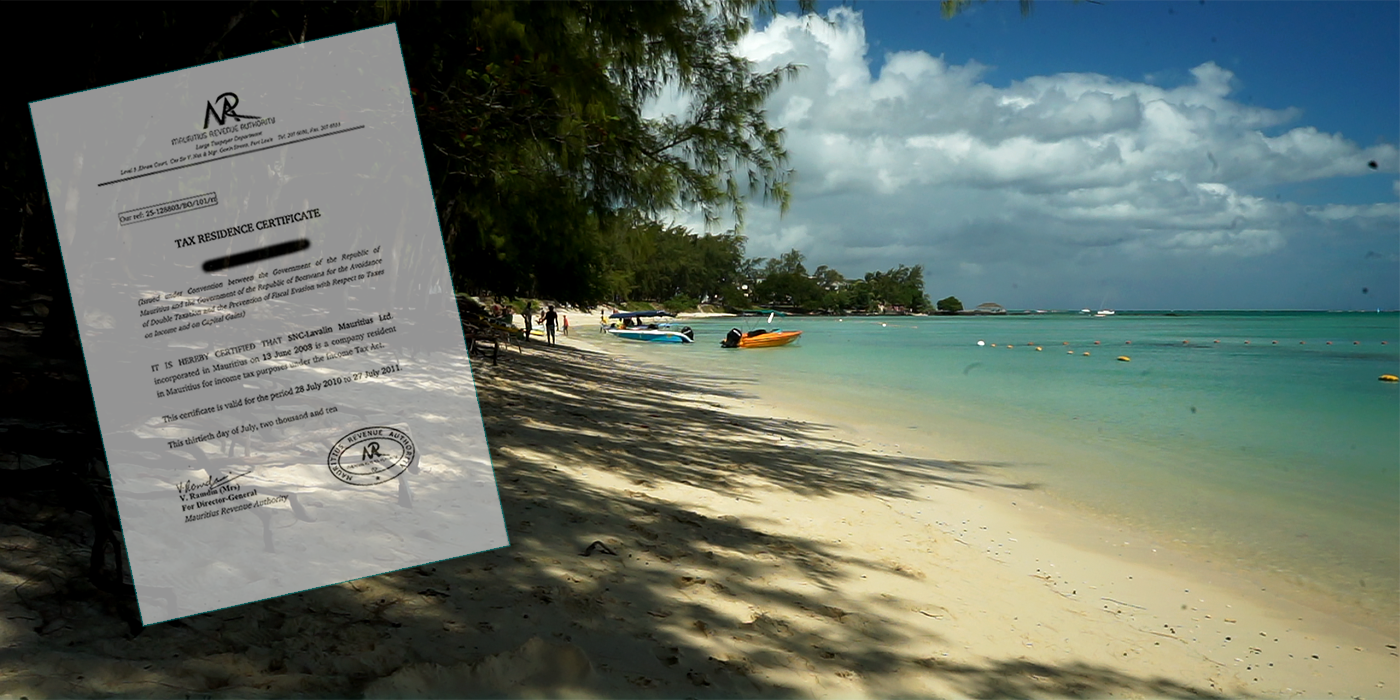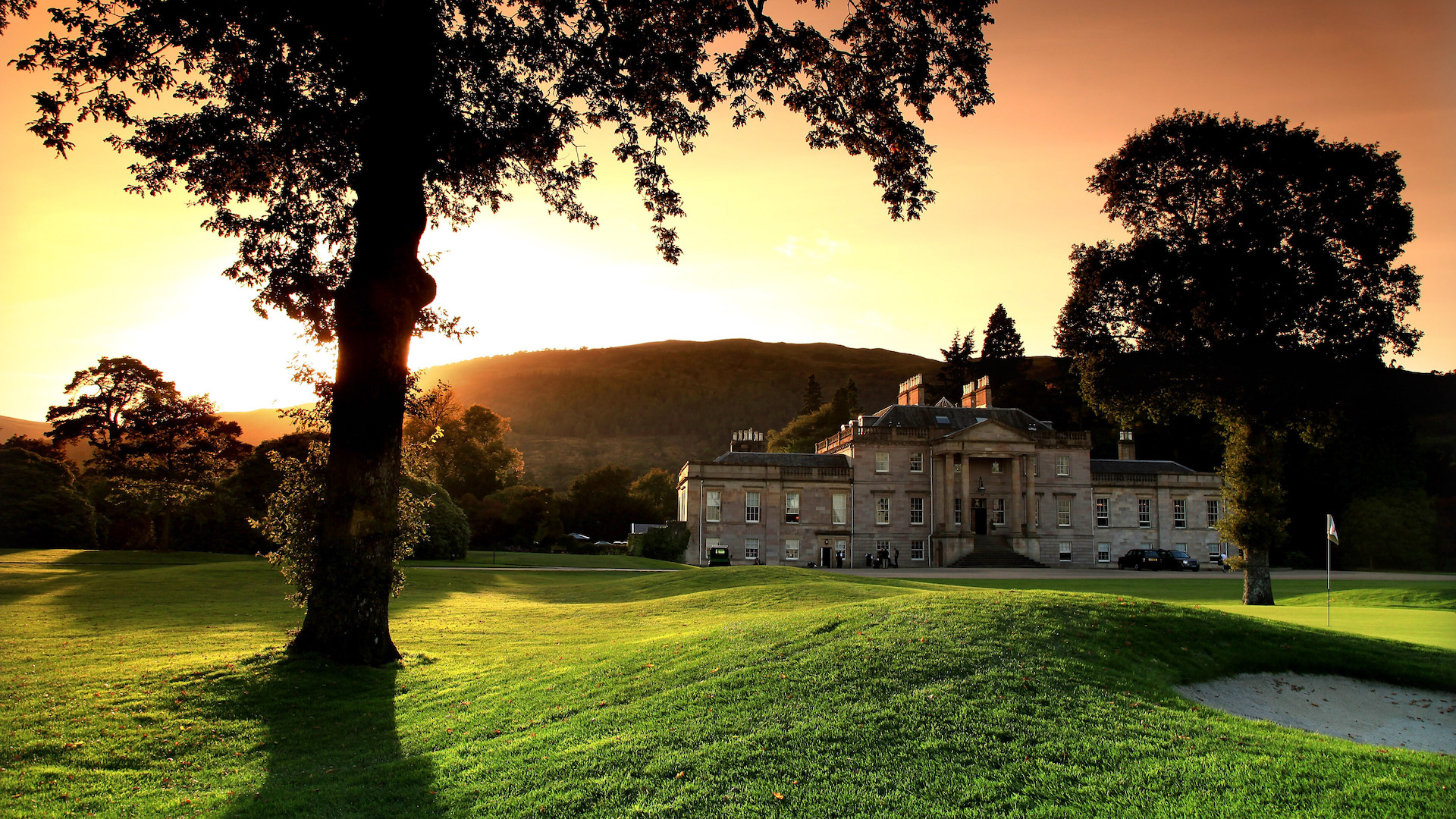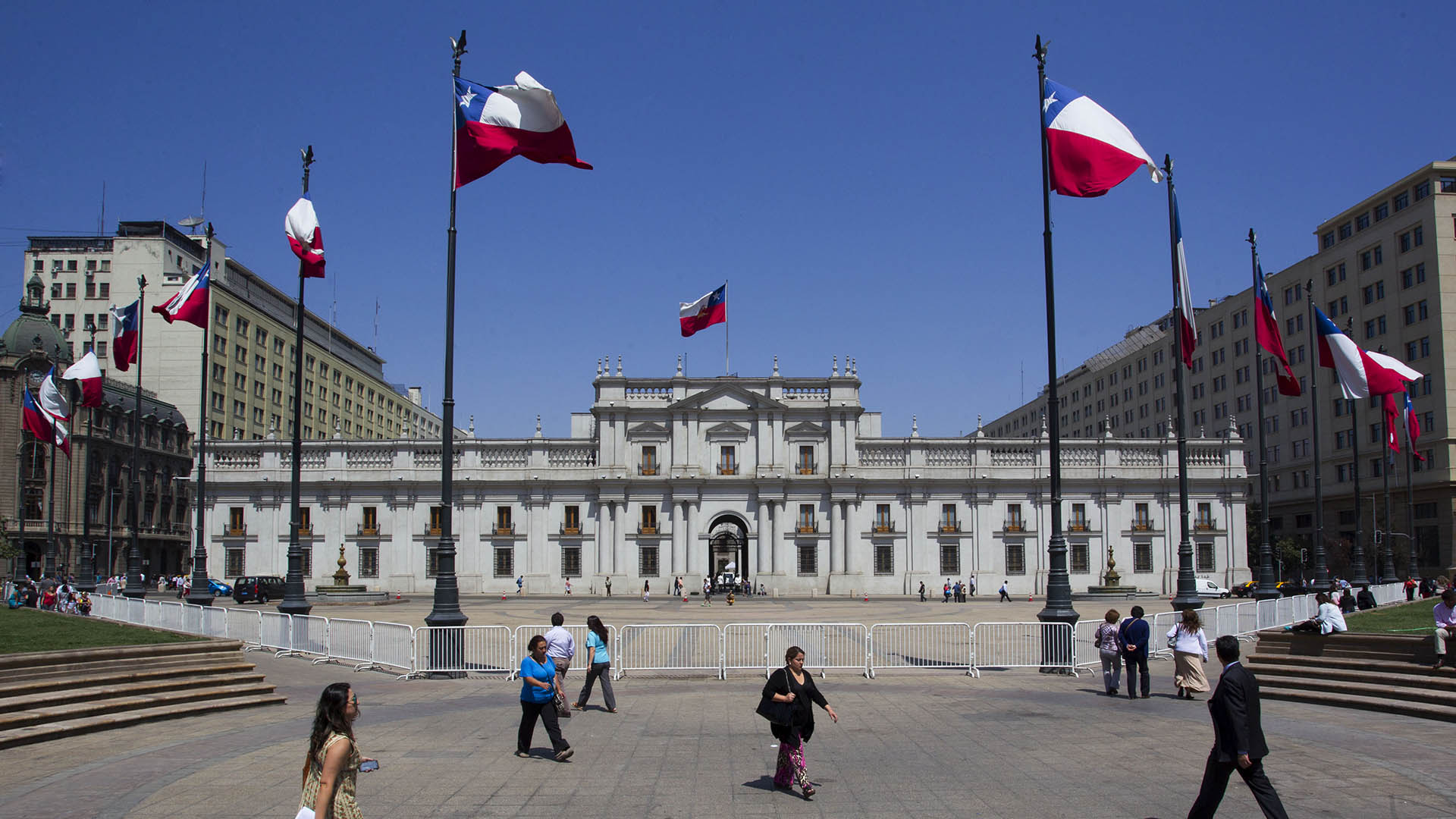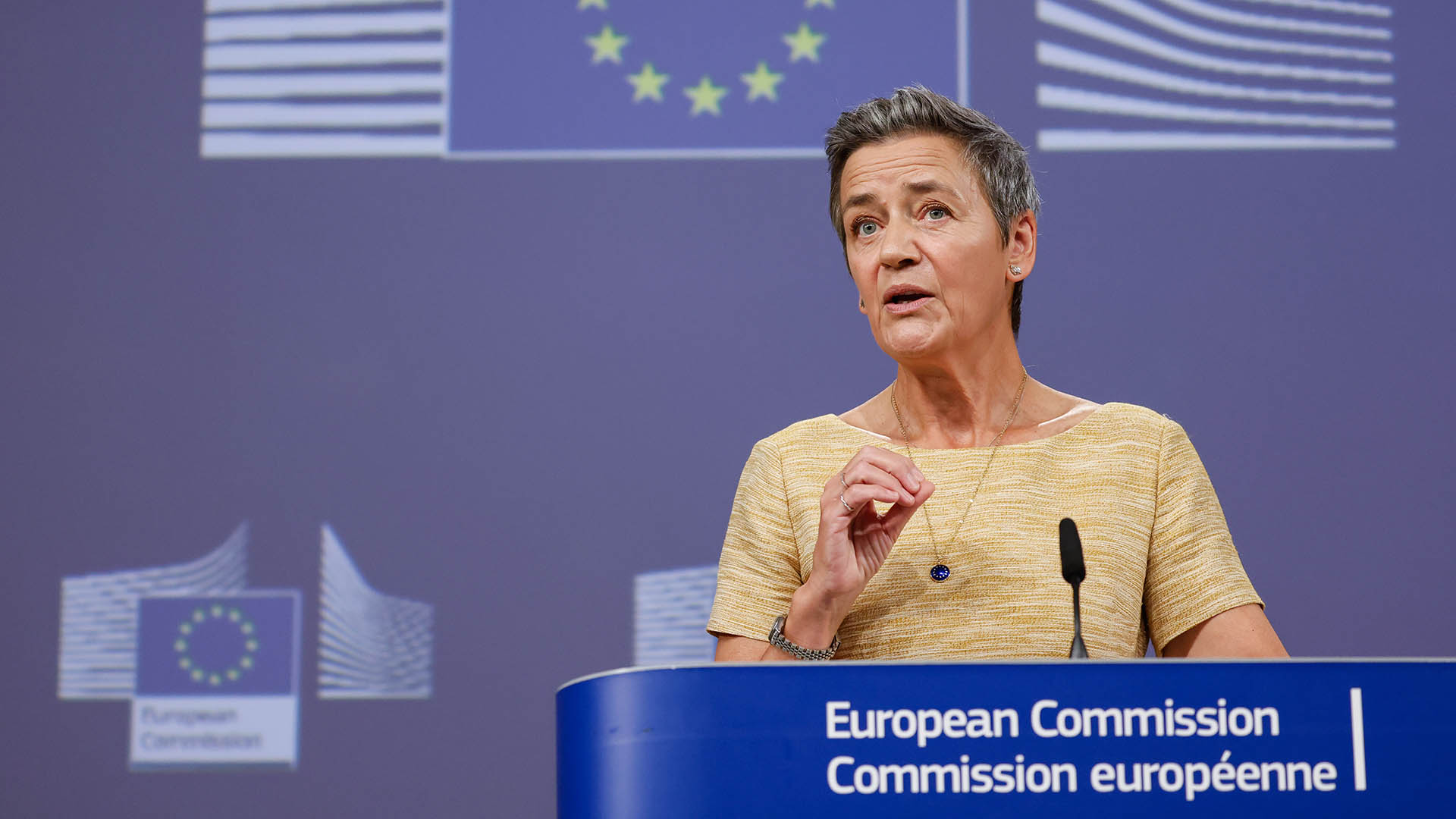Details about an offshore trust linked to former South African president Nelson Mandela have emerged from the Paradise Papers, a trove of financial records from the offshore law firm Appleby.
The MAD Trust, believed to short for Mandela’s clan name, Madiba, was set up in 1995 in the Isle of Man, a British dependency in the Irish Sea. The previous year, the anti-apartheid revolutionary Mandela became South Africa’s first post-apartheid president.
The trust existed in near-total secrecy until 2015, more than one year after Mandela’s death, when lawyers representing his estate contacted Appleby to try to wrest control of its million-dollar bank accounts. A summary of the case contained within an Appleby spreadsheet from the Paradise Papers labeled the case “HIGHLY CONFIDENTIAL.”
On one side, Mandela’s estate argued that the trust and money it held belonged to the former president. On the other, Mandela’s one-time friend, lawyer and MAD Trust administrator said the money was for charity, not Mandela.
The lawsuit underscores the shadowy ownership rules of offshore trusts, popular entities often used to manage personal wealth or hide money from creditors, former spouses or courts.
In 2015, lawyers for Mandela’s estate filed a lawsuit in South Africa against the late president’s estranged former lawyer, Ismail Ayob, to force the money’s return.
Ayob created the MAD Trust without Mandela’s consent, lawyers argued, and its bank accounts – which at one point held $2.1 million – belonged to Mandela.
“The money held in the MAD Trust accounts is the personal money of the late Mr Mandela and is not owned by the trustees of the MAD Trust, if indeed such a trust exists,” lawyers for Mandela’s estate argued, according to court documents obtained by ICIJ’s South African media partners, the Financial Mail and amaBhungane Centre for Investigative Journalism.
Ayob, the signatory of the MAD Trust, testified that he created the trust at Mandela’s request to receive personal donations.
Money came from foreign beneficiaries, Ayob said in his court affidavit, “invariably in large currency amounts” via check or bank drafts made out in Mandela’s name.
Mandela “wanted the trust created so that he could give away money to people abroad, who’d been ‘good’ or needed it — he was always very generous,” Ayob told ICIJ media partner The Financial Mail in an interview.
Part of the money in the MAD Trust went to the widow of Erich Honecker, the last president of East Germany, Ayob told The Financial Mail.
“At the time, she was really struggling, as she had no pension,” Ayob told The Financial Mail. “So Mandela said he’d like to assist her,” he said.
“Mr Mandela, as a trained lawyer, was perfectly familiar with the concept of a trust,” Ayob wrote in a court affidavit. “In fact, I formed some thirty trusts on his instructions.”
Lawyers for Mandela’s estate countered that Ayob’s version of events was largely “fact-free” and unreliable.
“His assertion that he established the MAD Trust at the request of Mr Mandela is a good example,” the estate’s lawyer said in an affidavit. “Where? When? How, and why did Mr Mandela give the instruction? Why did he open the account before the trust deed was signed? Why was the trust never registered?”
The estate’s lawyer also argued that Ayob, with whom Mandela had a public falling out, should no longer have been involved with the trust since Mandela had demanded he quit all his trusteeships in 2004.
In June 2015, Appleby, hired by the estate to give an opinion of the trust’s legitimacy, concluded that the MAD Trust was too broadly defined and did not identify any concrete beneficiaries of the money. The trust was not exclusively a charitable trust, Appleby wrote, because documents declared that the trust’s assets could be used for any company or organization. As a result, Appleby concluded, the MAD Trust “does not exist and has never existed.”
In November 2015, a South African court held that Mandela’s estate owned the MAD Trust’s three bank accounts and that Ayob had no authority over them.
The funds, which had grown to more than $1.2 million, were transferred to the estate.
Micah Reddy, a reporter with ICIJ’s South African partner amaBhungane, contributed to this story.
